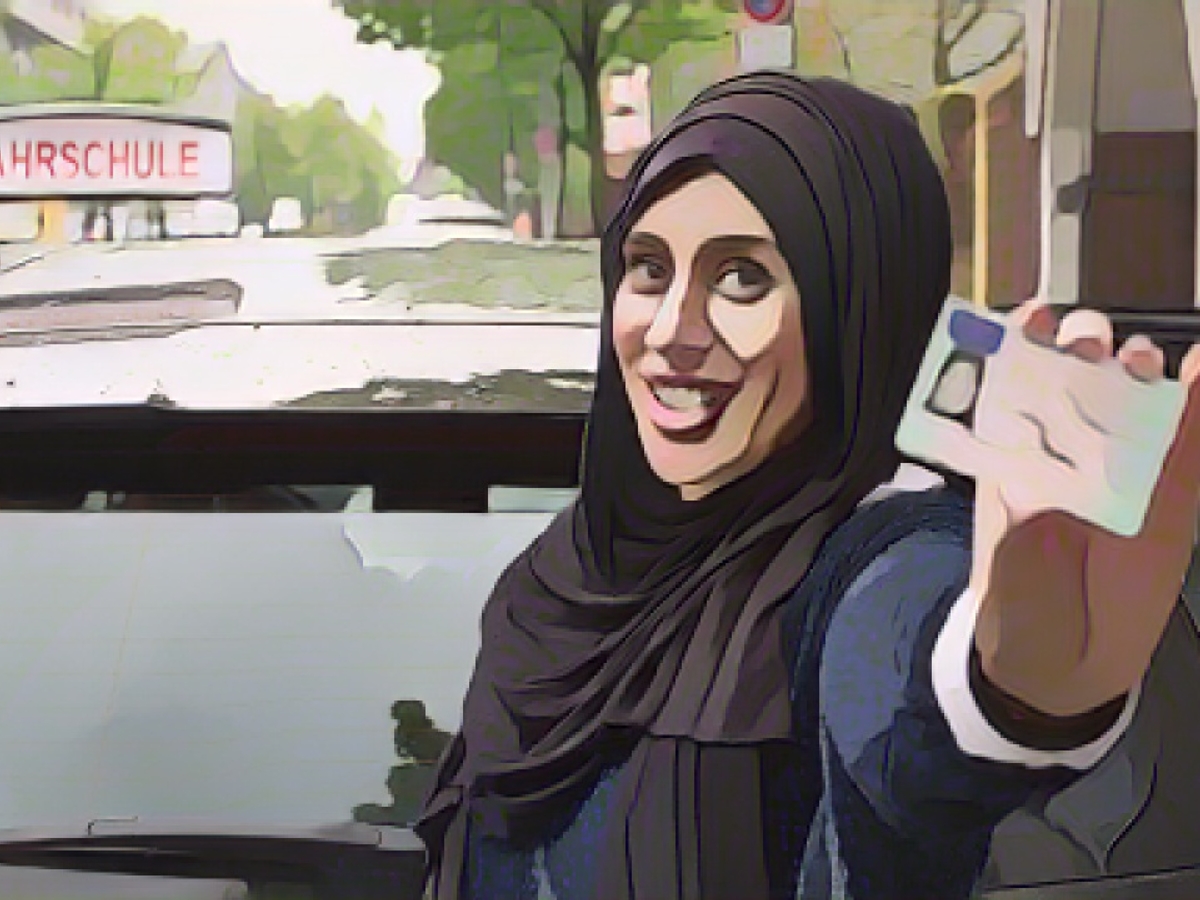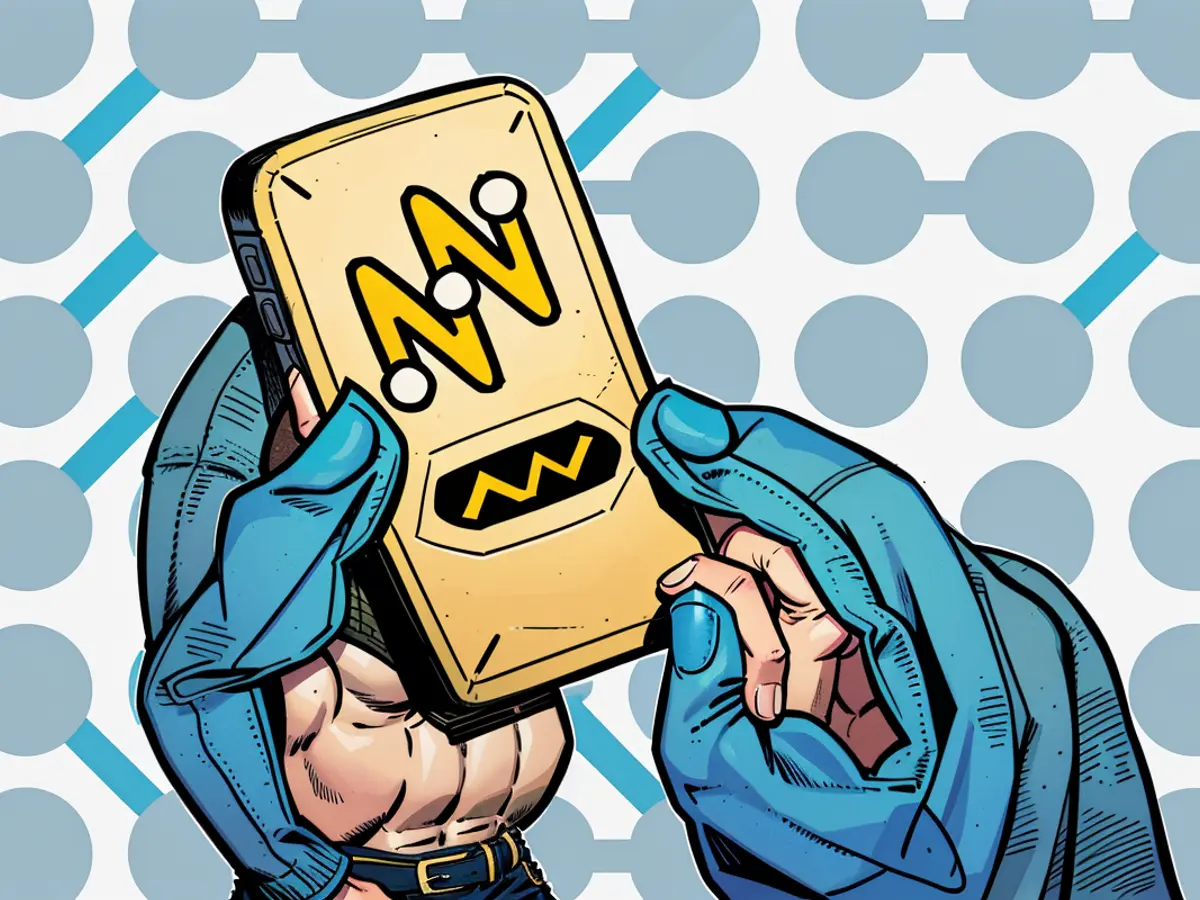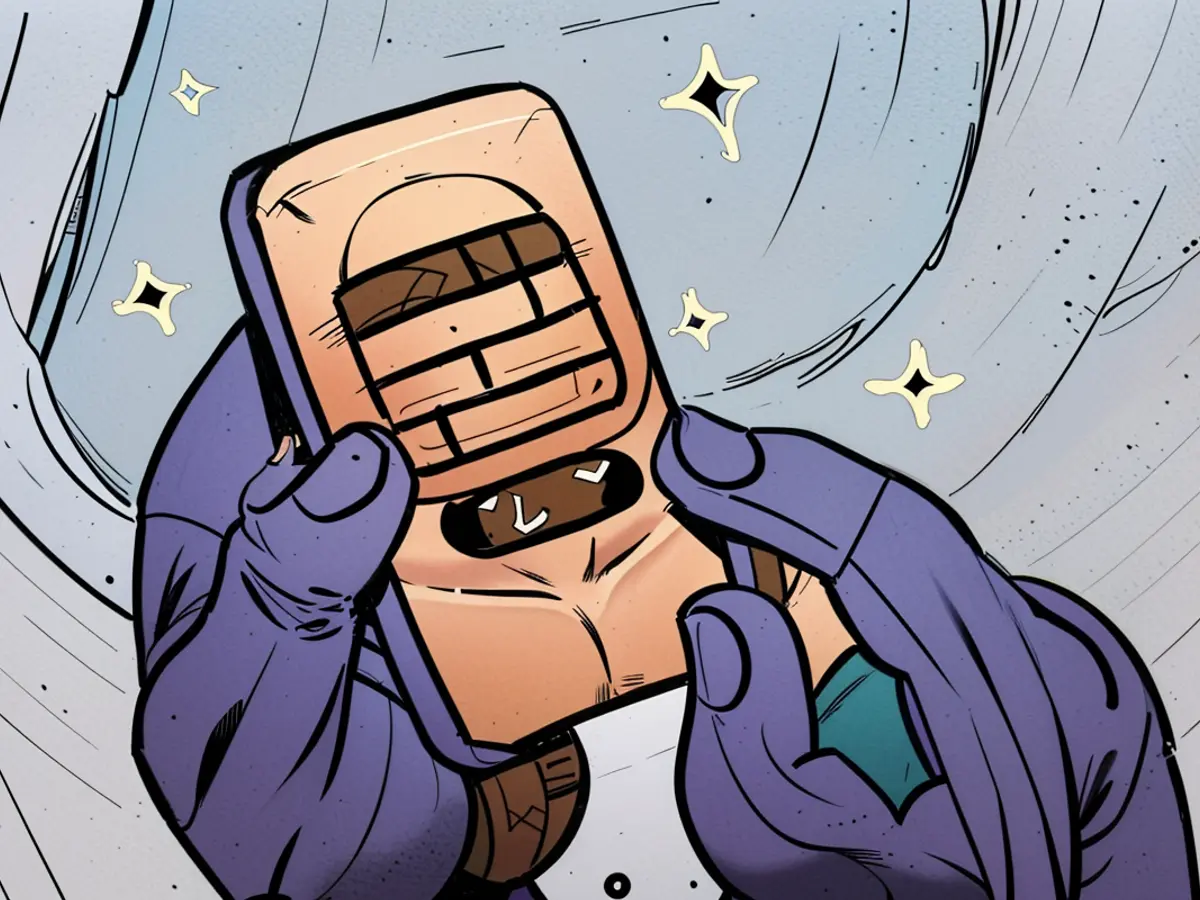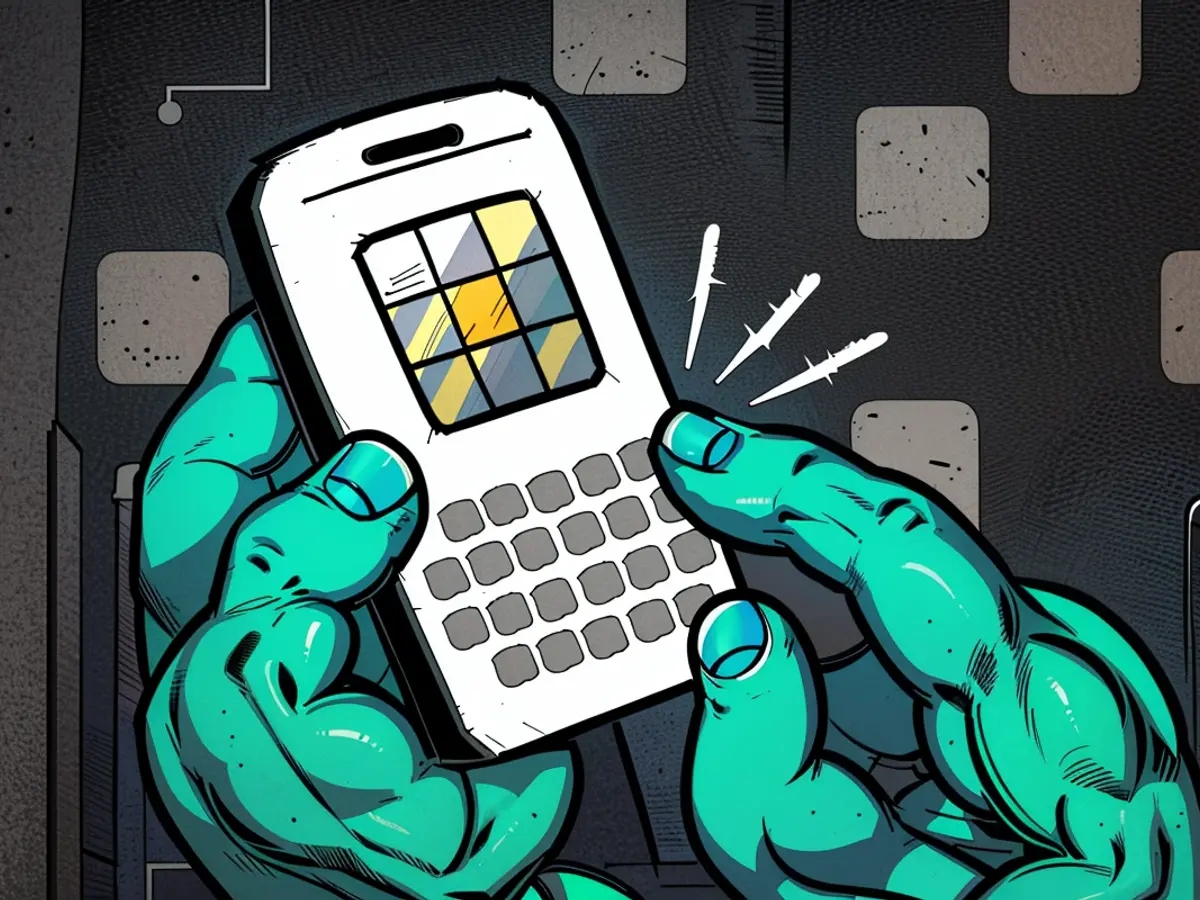Driver's license
A driver's license can be very useful. Especially if you live in a village or a small remote town without access to public transportation. Then a driver's license and often the purchase of a car is necessary. Here you can find out how to get a German driving license, how to transfer your driving license from your home country and how to avoid losing your driving license.
What do I need to know?
Is my driving license valid in Germany?
In order to drive in Germany, you generally need a driving license from Germany or another EU country. Driving licenses from non-EU countries are only valid for six months in Germany. This means that you can only drive in Germany with a driving license from your home country for the first six months. The six months begin with your first police registration in Germany. You must always have your driver's license with you when you drive. You must also have a translation of your driver's license into German with you. The translation must have been made by a German or internationally recognized automobile club or an authority in your home country or by sworn translators. You can find sworn translators at bdue.de. No translation is required for driving licenses from the following countries Iceland, Liechtenstein, Norway, Andorra, Hong Kong, Monaco, New Zealand, San Marino, Switzerland and Senegal. You also do not need a translation for international driving licenses.
After these six months, you must have your driver's license transferred if you wish to continue driving yourself. You can find out more about this in the section "Where and how can I have my driving license converted?"
If you are only visiting Germany, you may drive with your foreign or international driving license. You must always have your driver's license with you when you drive. You can read more about this in English and German on the website of the Federal Ministry of Transport and Digital Infrastructure (BMVI ).
Please note: During your asylum procedure, all your documents remain with the BAMF. As a rule, they will only be returned to you once your asylum procedure has been completed. As long as your driving license is with the BAMF, you are not allowed to drive yourself.
Where and how can I have my driver's license transferred?
If you did not obtain your driving license in Germany or another EU country, you must have it converted no later than six months after your first police registration in Germany.
The first step in the conversion process is to register with your local driving license authority or driving license office. Depending on how many applications are submitted there, it may take some time before you receive a response. To make sure you don't lose any time, you should submit the application before the six months are up.you can find the driving license office responsible for you at meldebox.de. You must go to the driving license office in person and present various documents. You can find out which documents you need to bring with you in the section "Which documents do I need for the transfer?"
The driving license office will then decide whether your driving license can be transferred without a test or whether you must first take the theory and practical test. This depends on the country in which you obtained your driver's license. If you obtained your driver's license in a country on this list from the Federal Office of Justice, you can usually have your driver's license converted without a test. For driving licenses from other countries, you usually have to take the test beforehand.
It is a good idea to attend a driving school before taking the test. Germany has many traffic rules and signs. However, unlike those who are taking their first driving test, you do not have to take any driving lessons.
What documents do I need for the transfer?
You must bring the following documents with you when you register to transfer your driver's license:
- ID card or passport
- Confirmation of registration(police registration)
- Biometric passport photo
- Certificate of an eye test (from an optician or ophthalmologist)
- Confirmation of participation in a first aid course. You can find a course in your area, e.g. at the ASB or the Johanniter.
- Your original foreign driving license (an international driving license is not sufficient). As a rule, you must also submit a certified German translation.
- a declaration that your foreign driving license is still valid.
In individual cases, the driving license authority also requires a police clearance certificate. You can obtain this certificate from your local city or district administration or online at fuehrungszeugnis.bund.de.
Please note: If you are applying for categories other than A (motorcycles and similar) and B (cars), you will need additional proof. You can find out more about this on the BMVI website.
How can I get a German driver's license?
To get a driver's license for the first time, proceed as follows:
- Register with a driving school. In large cities there are driving schools with driving instructors who speak Arabic and Persian, for example. You can find driving schools in your area at drivolino.de or fahrschulen.de, for example.
- Attend a first aid course. You can find a course near you at ASB or Johanniter, for example.
- Have an eye test at an optician or an ophthalmologist. The eye test costs around 7 euros. Some opticians also offer the eye test free of charge.
- Have a biometric passport photo taken.
If you would like to obtain a category C (truck) or D (bus) driving license, you will need additional documents. You can find an overview of the driving license categories on the BMVI website.
Please note: You can also obtain a driver's license as a holder of a tolerated stay permit or a residence permit.
How much does a German driving license cost?
The driving license can cost over 1,000 euros if you add up all the costs. The price depends on the number of driving lessons you have to take. The theory lessons and driving lessons are the most expensive part of the German driving license. Whether you have to take lessons depends on several things. There are compulsory lessons and special driving lessons (freeway, night, overland) when you first get your license.
Your driving instructor will decide whether or not you need more driving lessons for the test. The driving instructor may not register you for the test if you are not yet a safe driver. Every driving school has different prices for driving lessons.
The cost of the theory and practical test itself is not the most expensive part of the driving license. The theory test costs around 25 euros. The practical test costs around 120 euros.
Please note: If you are unemployed and can increase your chances on the job market by obtaining a driving license, you can ask the Jobcenter to cover the costs of the driving license for you. Talk to your case worker and explain your plans.
How does the theory test work?
To obtain a German driving license, you must pass the theory test and the practical test. Before you take the practical test, you must have passed the theory test.
You can take the theory test in 12 languages: German, English, French, Greek, Italian, Polish, Portuguese, Romanian, Russian, Croatian, Spanish, Turkish and Arabic (High Arabic).
The exam contains 30 multiple choice questions. Sometimes there are several correct answers to a question. If you have more than 11 mistakes, you have failed the test.
Your driving school will register you for the theory test. You must present the following documents before the theory test:
- ID card or passport
- Confirmation of appointment
- If you are taking the driving test for the first time: Confirmation of driving lessons from the driving school.
The result of the theory test is valid for one year. If you fail the practical test and take it again after 12 months, you will also have to take the theory test again.
There are various websites that offer materials for the theory test in different languages: www.lehrboegen.de or www.fuehrerschein-bestehen.de. There are also apps in different languages. Most of these apps cost money, so it is best to ask your driving school for learning material.
How does the practical test work?
Once you have passed the theory test, you can take the practical test. The test lasts approx. 50-60 minutes. During this time, all learner drivers must complete specified driving tasks (traffic circle, highway, etc.). Normally, the examiner sits in the back seat during the test and checks your driving behavior for safety, competence and calmness. Your driving instructor sits next to you during the test so that they can take control in the event of an emergency. You will then find out whether you have passed. If you have not passed, you will find out what mistakes you have made.
If you fail the test, you can repeat it up to three times at two-week intervals. The interval gets longer after three times, but there is no upper limit to the number of times you can retake the test.
Can I drink alcohol and drive a car or motorcycle?
Alcohol in road traffic is dangerous even in small quantities. Even if you still feel sober, the risk of causing an accident increases massively with alcohol. For this reason, there are rules about how much alcohol car, scooter and motorcycle drivers are allowed to have. The police can measure how much alcohol someone has drunk using a small measuring device that drivers have to blow into. The driver's alcohol level is given in per mille.
- Drivers who have had their license for less than two years (probationary period) and drivers under the age of 21 are not allowed to drink alcohol at all when they are behind the wheel. If they drive under the influence of alcohol, their probationary period will be extended. They must also pay a fine of at least 250 euros, receive a penalty point and must attend a refresher course.
- Drivers over the age of 21 who have passed their probationary period may continue to drive with a low alcohol level. However, if their alcohol level is 0.5 per mille or higher, it is also prohibited for them. If you are caught, you will have to pay a fine of up to 1,500 euros. If your blood alcohol level is high enough, your driver's license will also be revoked for a certain period of time. If you cause an accident while drunk or behave dangerously (e.g. by not staying on your side of the road), you can be fined or even imprisoned for as little as 0.3 per mille. In addition, your driver's license will be taken away and you will receive several penalty points.
Please note: If you ride your bike under the influence of alcohol and cause an accident or behave dangerously, you can also be punished. You can also lose your car, motorcycle or scooter license in this case.
Can my driver's license be taken away?
If you disregard important traffic rules, you can lose your driver's license. A distinction is made here between a driving ban and the withdrawal of your driver's license. If you are banned from driving, you must surrender your driver's license for a certain period of time (usually a few months) to the traffic fines office. During this time, you are not allowed to drive yourself. After the period has expired, you can pick up your driver's license again. If your driver's license is revoked, it loses its validity. This means that you may no longer drive yourself and may not obtain a new driving license for a certain period of time (suspension period). Your driving license can be revoked if you endanger road traffic, drive drunk or have collected 8 penalty points. You receive penalty points for various rule violations, e.g. if you drive too fast. The penalty points are also known colloquially as "points in Flensburg". Officially, the system that collects penalty points is called the driving aptitude register - FAER.
You can find a list of penalties online in the "Bußgeldkatalog - BkatV". As the wording there is very difficult, you can also look up an extract of the most common penalties at www.bussgeld-info.de.
If your driver's license has been revoked because you were driving under the influence of alcohol, drugs or medication, you will have to take a "medical-psychological examination" (MPU). This examination is also known as the "idiot test". Read more about the MPU in German or English on the TÜV Süd or Dekra websites.
Please note: If you have just obtained your driver's license, you are on probation for two years. If you are observed committing a traffic offense during the probationary period, you will have to attend an advanced training seminar and possibly also psychological counseling. Your probationary period will also be extended by a further two years. If you do not take part in the advanced training seminar and counseling, your driving license will be revoked. Examples of a traffic offense are, for example, driving through red traffic lights, driving at night without lights, drunk driving. Wrong parking is not a traffic offense. In this case, you only have to pay the fine.
Can I buy a car despite receiving Jobcenter benefits?
If you receive benefits from the Jobcenter, the Jobcenter will regularly ask you about your assets, i.e. whenever you submit an application for continued benefits. Assets also include a car. If your car is worth less than €7,500, this is not a problem. If your car is more expensive, the Jobcenter can demand that you sell it and live off the proceeds of this sale before you receive benefits again.
Please note: If you absolutely need a car so that you can get or keep a job, the Jobcenter can support you with a loan for the purchase. Talk to your case worker about this.
Important
If you have a driver's license and endanger road traffic as a cyclist, e.g. because you are riding your bike while drunk, you can lose your driver's license. You can find out more about this in our chapter "Cycling".
You must always have your driver's license with you when you drive. If you did not obtain your driving license in Germany or another EU country, you must have it converted no later than six months after your first police registration in Germany.
Source: handbookgermany.de








